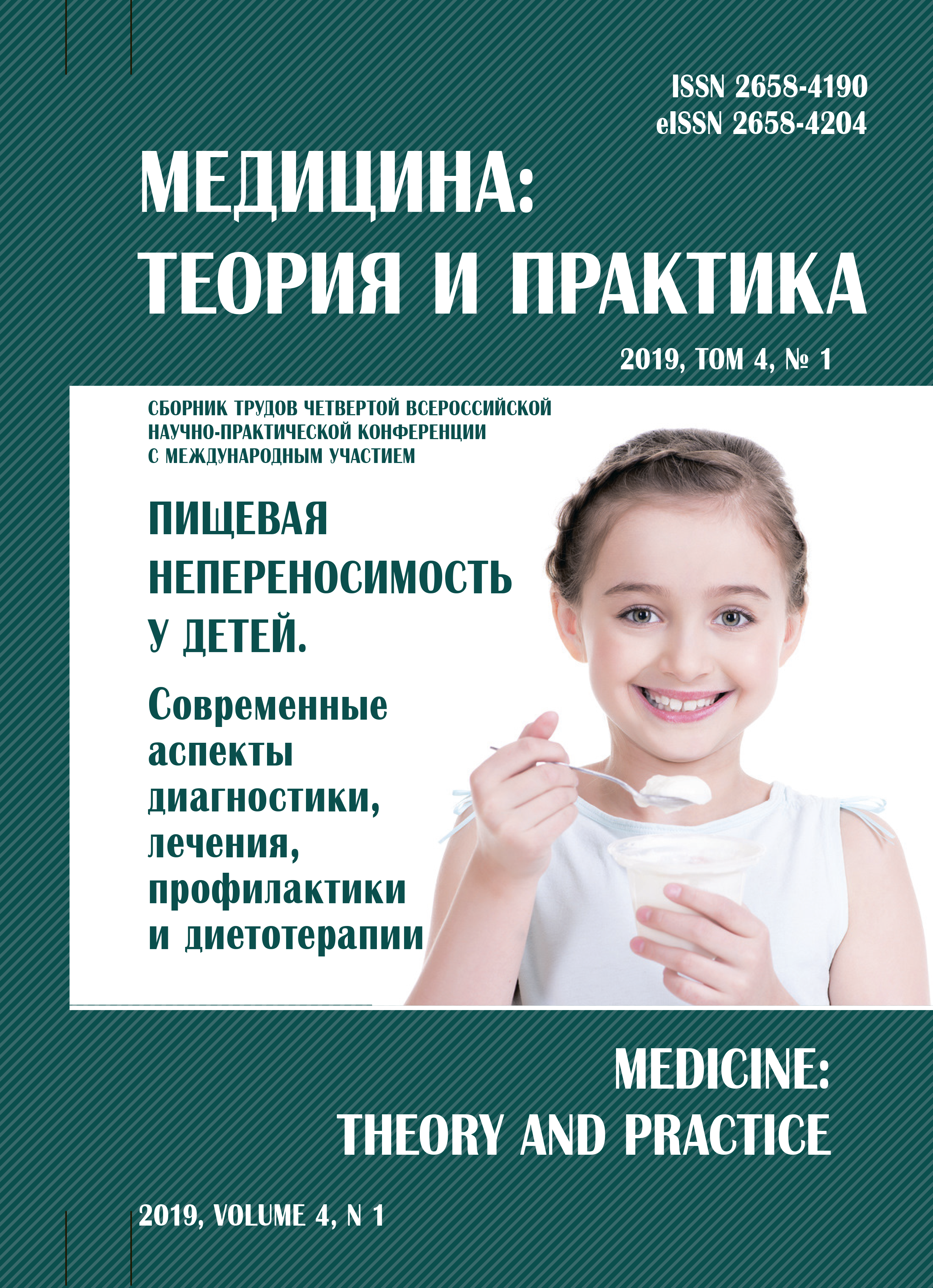The role of the intestinal microbiota in the formation of food intoltrance
Abstract
Currently, we can deal with an increase in the number of pathological reactions to food in the form of food intolerance and food allergies. In the development of the clinical manifestations of these conditions, common pathogenic symptoms play a role: impaired motor function of the gastrointestinal tract (GIT ), changes in the state of the intestinal microbiota, increased permeability of the intestinal wall, changes in the concentration of regulatory molecules. The intestinal microbiota can influence the mechanisms of development of food intolerance, affecting the change in the permeability of the intestine, participating in the maintenance of inflammatory and metabolic reactions of the gastrointestinal tract. The bacteria have the greatest protective effect are Faecalibacterium prausnitzii, Akkermansia and Lactobacilli.



